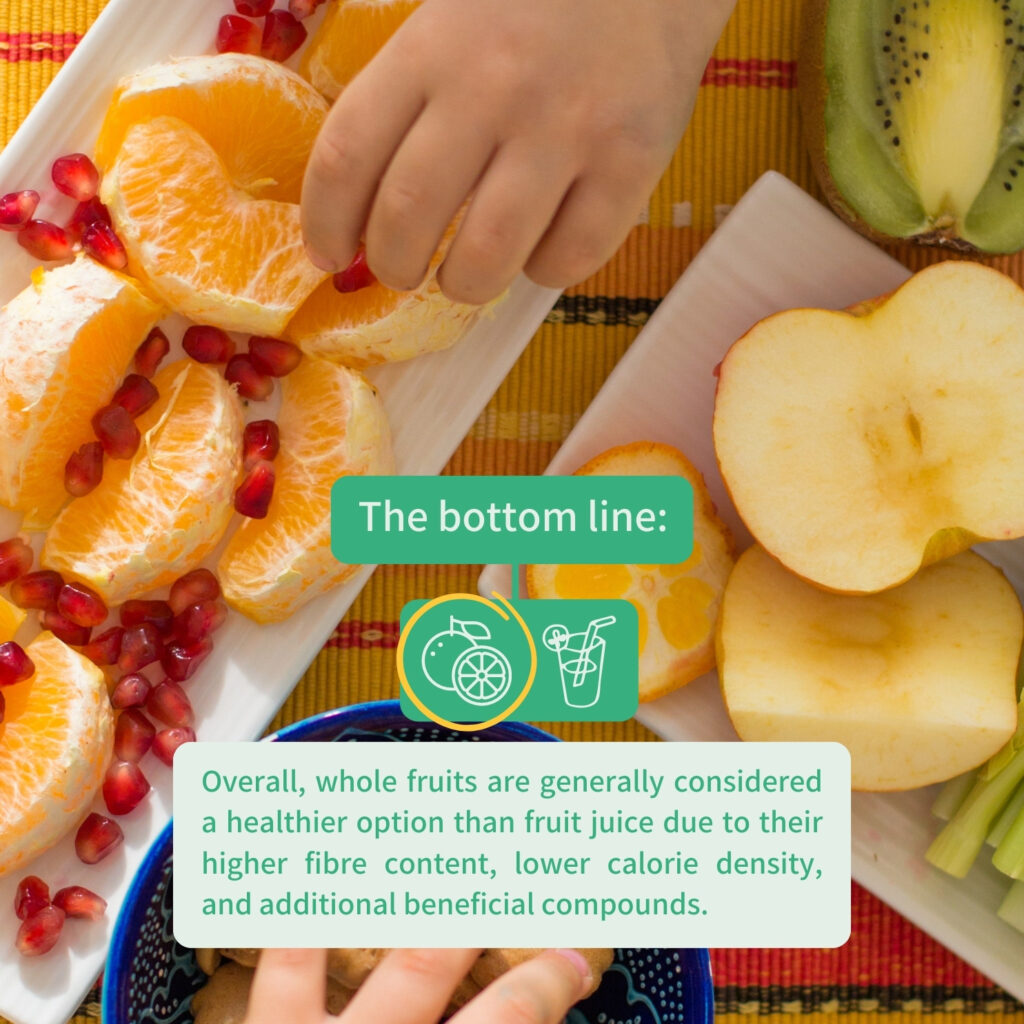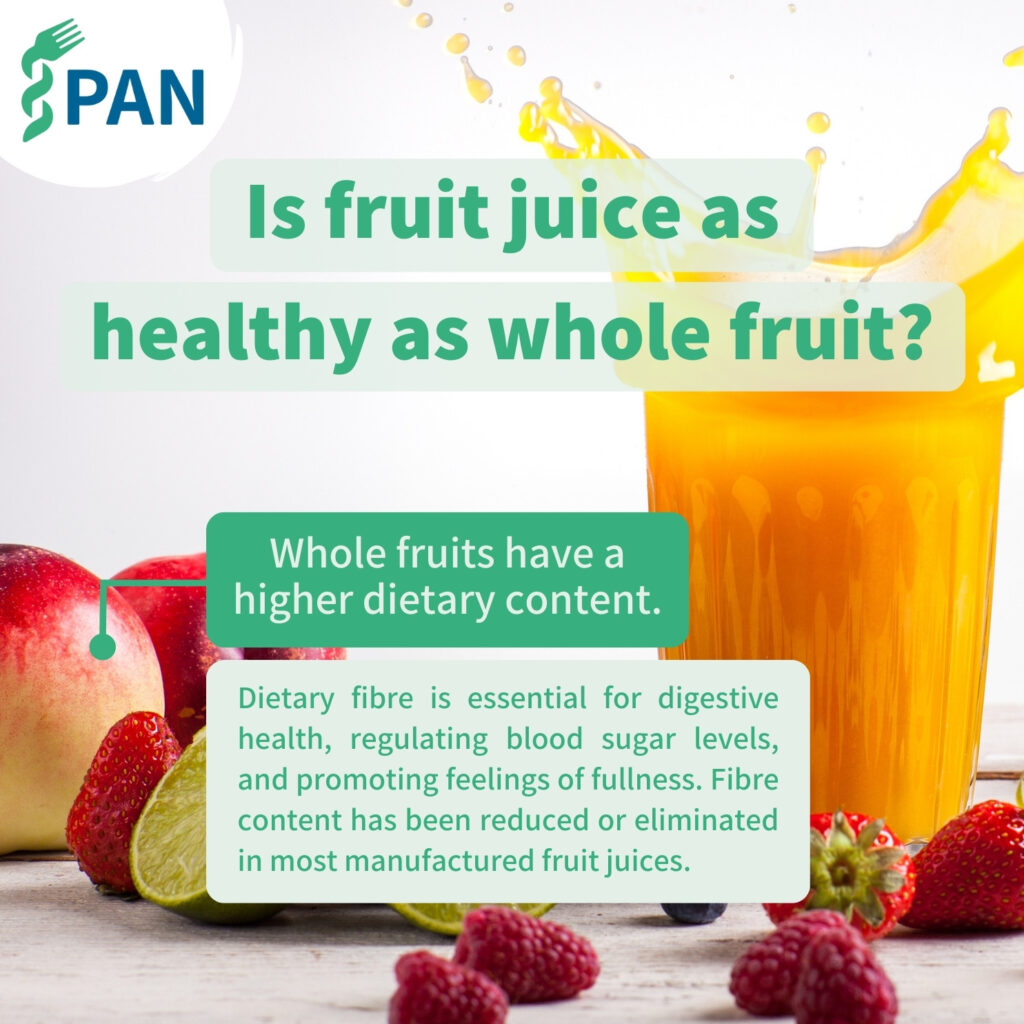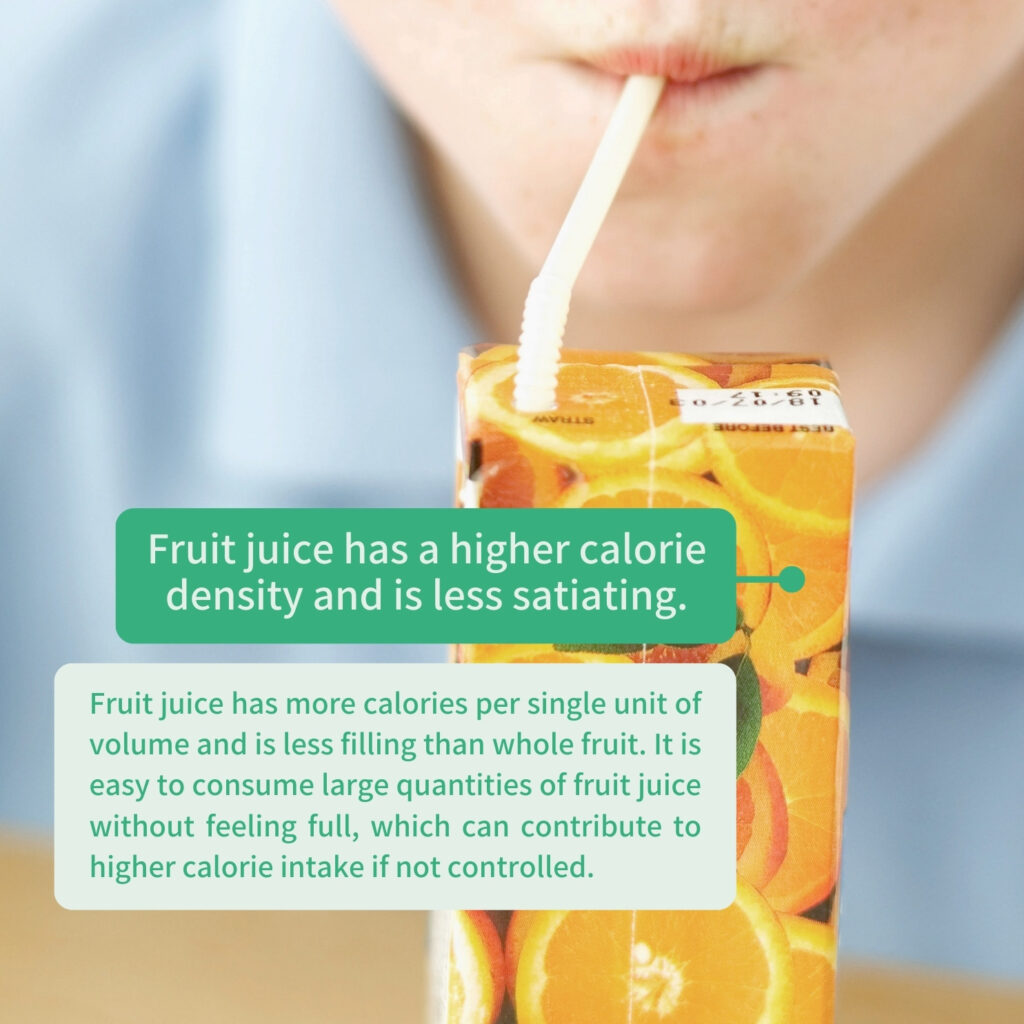Introduction:
In the realm of health-conscious choices, the debate between consuming fresh vegetables and opting for their liquid counterpart—juices—has sparked considerable discussion. Both options offer distinct advantages and drawbacks, and understanding the nuances can empower individuals to make informed decisions regarding their dietary habits. In this article, we delve into the nutritional landscape of juice versus fresh veggies, exploring the benefits and potential pitfalls of each.
The Case for Fresh Veggies:
- Nutrient Density: Fresh vegetables are renowned for their high nutrient density. Packed with essential vitamins, minerals, and antioxidants, these whole foods contribute to overall health and well-being. The fiber content in fresh veggies also supports digestive health and helps maintain stable blood sugar levels.
- Satiety and Weight Management: The fibrous structure of whole vegetables promotes a feeling of fullness, aiding in weight management. Eating fresh veggies in their natural state requires more chewing, triggering a sense of satisfaction that is often lacking in liquid forms.
- Slow Digestion and Blood Sugar Regulation: The presence of fiber in fresh vegetables slows down the digestion process, preventing rapid spikes in blood sugar levels. This gradual release of energy provides a sustained feeling of satiety and helps avoid energy crashes.

The Juice Perspective:
- Convenience and Accessibility: Juicing provides a convenient way to consume a variety of vegetables quickly. For individuals with busy lifestyles, juicing offers an accessible option to boost nutrient intake without the time-consuming preparation associated with whole vegetables.
- Nutrient Absorption: Juices can offer a concentrated source of vitamins and minerals, potentially enhancing nutrient absorption. However, it’s crucial to note that the absence of fiber in juices may impact how the body processes these nutrients and may lead to quicker spikes in blood sugar levels.
- Hydration and Detoxification: Juices can contribute to hydration, especially when made with water-rich vegetables. Some proponents argue that certain juice combinations can support the body’s natural detoxification processes, although scientific evidence on the effectiveness of juice detoxes is limited.

Balancing Act:
While both fresh vegetables and juices have their merits, finding a balance that suits individual lifestyles and health goals is key. Incorporating a mix of whole vegetables and occasional, well-balanced juices can provide a diverse array of nutrients while accommodating convenience.

Conclusion:
In the juice vs. fresh veggies debate, there is no one-size-fits-all answer. Each option has its advantages, and the choice ultimately depends on personal preferences, dietary goals, and individual health considerations. A holistic approach that embraces the benefits of both fresh vegetables and carefully crafted juices can contribute to a well-rounded and nourishing diet.
